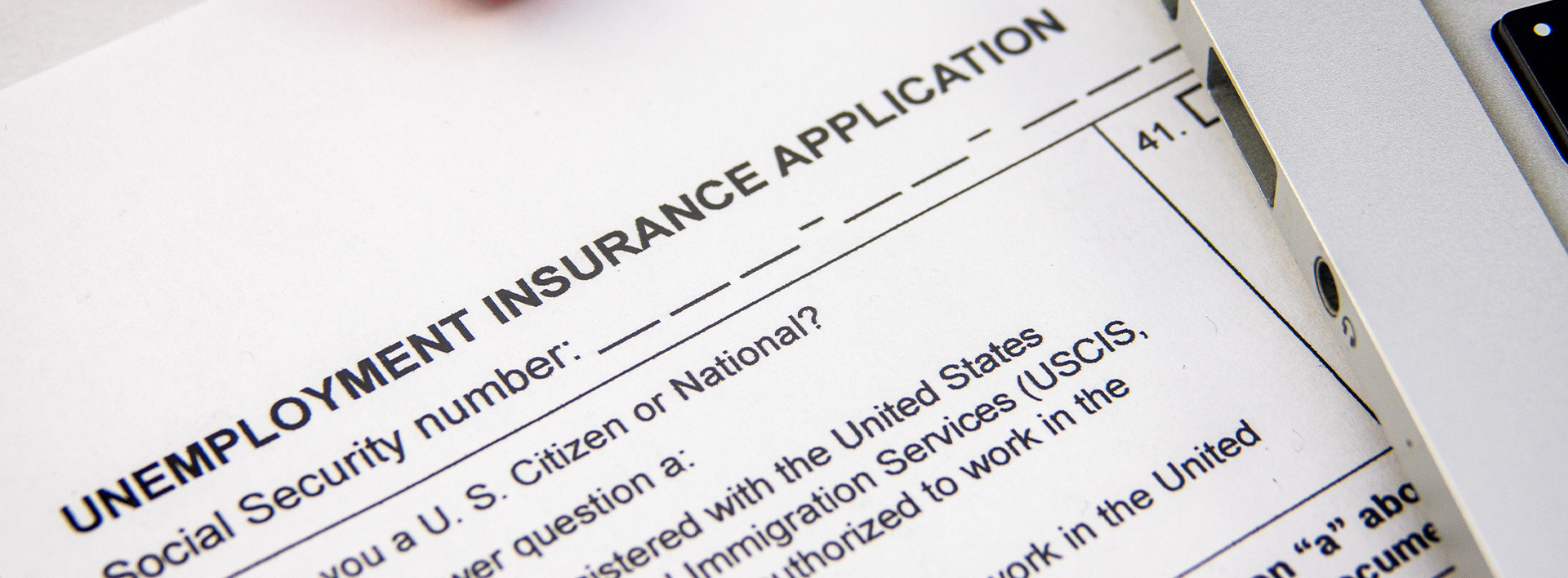Unemployment insurance fraud is very common in California. It is when applicants supply false or incorrect information to seek unemployment benefits. EDD fraud news from the California Employment Development Department (EDD) estimates almost $20 billion have been paid to fraudsters ever since the pandemic. Read on and contact a seasoned EDD fraud lawyer from Barthel Legal to learn more about EDD fraud, EDD fraud reporting, and the remedial solution for it.
San Diego County EDD Fraud Attorney | Here to Represent You
California has a provision for an unemployment insurance program that is run by the Employment Development Department. This scheme is a benefit provided to people who lose their jobs in unforeseen circumstances. It helps them with financial assistance to survive for at least a year while they look for new jobs. The payment range for beneficiaries is between $40 to $450 per week. The EDD issues a variety of other benefits to California residents such as disability insurance benefits, paid family leaves benefits, pandemic unemployment assistance benefits, and pandemic emergency unemployment compensation benefits.
There are certain qualifications required to seek these benefits. But some scammers have found a way to take undue advantage and receive this money via fraud means. If you’re a victim, a San Diego County consumer lawyer from Barthel Legal can help.
What is EDD Fraud?
Unemployment Insurance Fraud is also referred to as EDD fraud. The EDD fraud number is rising in the state. It has been, in fact, described as ‘one of the biggest frauds of the taxpayers’ dollars in Californian history.’ Scamsters provide false information to receive employment benefits they are not entitled to. Or even worse, they steal money that was intended for someone that really needed it.
How Does EDD Fraud Take Place?
EDD fraud takes place when an applicant submits false documentation of another person to collect their Unemployment Insurance benefits. The California Unemployment Insurance Code 2101 states the following concerning insurance fraud: “willful false representation, knowing concealment, or false identification to obtain, increase, reduce, or defeat any benefit under the state or federal programs.”
It is a case of identity theft and can be faced by both employees and employers. Employers can commit EDD fraud when the company submits false information to deny the workers any benefits they were entitled to.
Examples of EDD Fraud
Several factors account for committing EDD fraud. Some examples would be:
- Hiding employment status: If a worker has got a job but does not report it and continues to receive the unemployment insurance payment, it is classified as EDD fraud.
- Identity theft: When a worker provides a false or misleading name and personal details or fakes employment status and related income, it is a case of identity theft
- No employment efforts: A person who is receiving the benefits must be actively looking for alternative jobs. Not seeking employment while reporting falsely can also be included in the EDD fraud report.
- Employer fraud: Employers who intentionally misclassify their workers as ‘independent contractors to not pay them the benefits of a full-time worker or provide false information to avoid making the insurance payments are the employer’s ways of EDD fraud.
How Do I Report EDD Fraud?
If you recognize or fall victim to potential fraud, you must report it to the Employment Development Department, State of California. EDD fraud reporting can be done online by filling out a form on the official website. Note down the EDD fraud number to make a report:
Fax: 1-866-340-5484 / EDD Fraud Hotline: 1-800-229-6297
Provide all relevant and related information to the issue during EDD fraud reporting. You can submit it as a ‘tip’ by staying anonymous. You can contact the EDD anytime to report more information about the fraud. If you detect your identity theft, report it to the police at the earliest.
Penalties for an EDD Fraud
Anybody deliberately committing UI fraud is subject to severe penalties under Unemployment Insurance Code 2101 and Penal Code 550. If convicted of EDD fraud, the person can face up to one year of jail and a maximum fine of $20,000. If convicted of a felony, the person can face imprisonment in the California state prison for 16 months, two or three years, and a maximum fine of $20,000.
The California Penal Code Section 550 lists general insurance fraud and the fines differ if classified as unemployment insurance fraud or misdemeanor crime.
Remedy for EDD Fraud
If you have fallen prey to an EDD fraud, you can fight the case in court and take the route of justice. The Electronic Funds Transfer Act (EFTA) Regulation E protects consumers that use electronic banking and financial services. Financial institutions have to give consumers all details regarding electronic fund transfers. In case of fraud, the Act mandates both the consumer as well as the financial institutions to communicate the details of faulty transactions within a stipulated time frame to receive liability for the transaction.
Banks that fail to detect fraud on EDD cardholders are in clear violation of the federal Electronic Funds Transfer Act. Such was the case with EDD debit cards issued by Bank of America. On detecting the fraud, the bank froze thousands of EDD debit cards, even including the legitimate ones, thus making people lose out on their unemployment benefits.
Contact an San Diego County EDD Fraud Lawyer Today
Barthel Legal is a law firm that fights for consumers that have had their EDD benefits stolen from them. You could be entitled to $1,000 statutory damages, in addition to the actual damages that you have suffered. Contact an EDD fraud lawyer from Barthel Legal today so we can get started working on your case.

